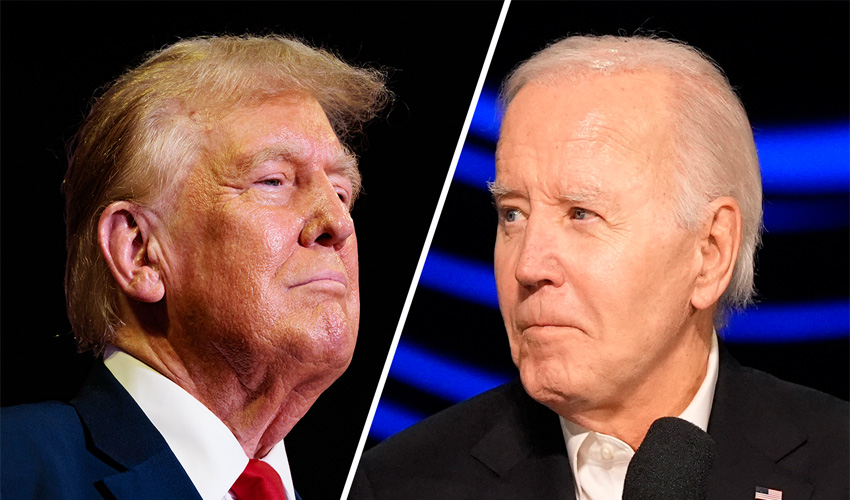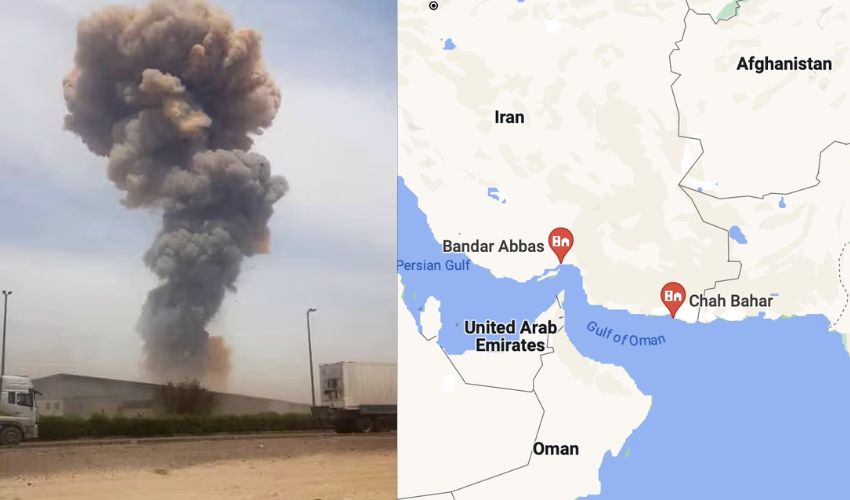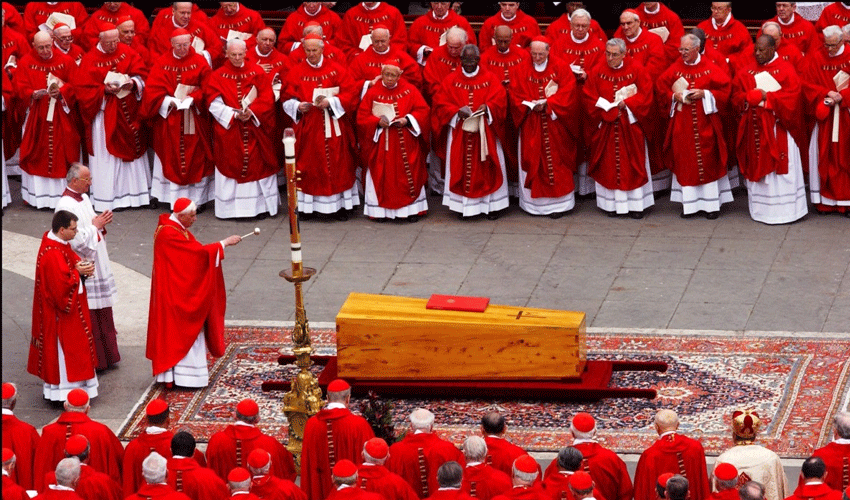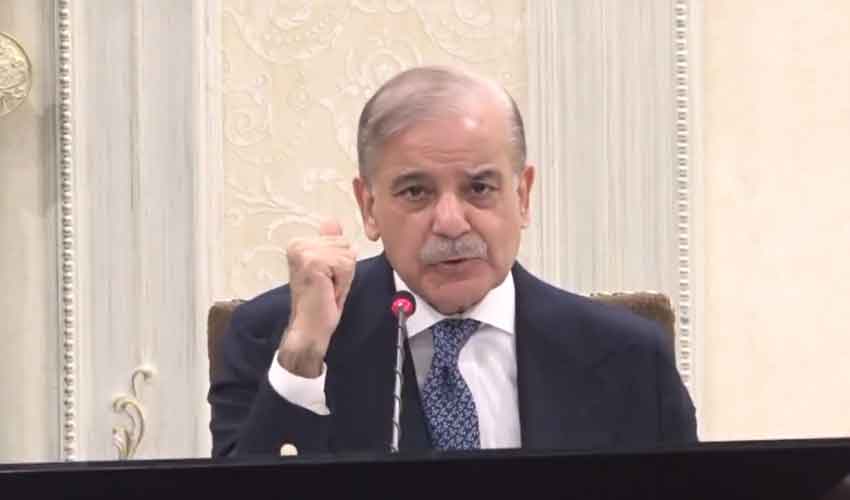Outgoing US President Joe Biden and President-elect Donald Trump have both laid claim to the success of a landmark Gaza ceasefire-for-hostages agreement.
The deal, brokered with the assistance of Egypt and Qatar and backed by the United States, is expected to end a devastating 15-month conflict.
In a farewell address on Wednesday, President Biden asserted that the agreement mirrored the framework proposed by his administration earlier in May.
“This plan was developed and negotiated by my team and will be largely implemented by the incoming administration,” Biden said from the Oval Office, emphasising his team's role in crafting the agreement. When asked by a reporter about who would receive credit in the history books, Biden quipped, “Is that a joke?”
President-elect Trump, in a social media statement, quickly positioned himself as a key figure in the deal’s finalization. “There would be hell to pay if the hostages were not released,” he stated, alluding to his administration’s determined stance during the transition period.
Trump’s Middle East envoy, Steve Witkoff, reportedly worked closely with Biden’s team to push the agreement forward.
The accord, announced on the eve of Trump’s inauguration on January 20, includes a ceasefire between Israel and Hamas alongside an exchange of hostages. Over 250 Israeli and foreign hostages held by Hamas are to be released in return for Palestinian prisoners, officials confirmed.
Region in turmoil
The conflict, which escalated on October 7, 2023, when Hamas breached Israeli security barriers, has claimed over 46,000 lives, according to Gaza’s health ministry.
The assault, which saw 1,200 Israelis killed and hundreds abducted, triggered a massive Israeli military campaign that decimated infrastructure in Gaza and displaced thousands.
Israeli Prime Minister Benjamin Netanyahu, facing significant public criticism for the October 7 security lapses, welcomed the deal, viewing it as a step toward alleviating public outrage.
The ceasefire has brought cautious optimism to the Middle East, though tensions remain high. Iranian-backed factions in Lebanon, Iraq, and Yemen had launched attacks on Israel during the conflict, prompting retaliatory strikes and assassinations of Hamas and Hezbollah leaders by Israeli forces.
While the agreement marks a pause in hostilities, analysts warn of the fragile nature of the truce. The region, scarred by violence and political instability, continues to grapple with the aftermath of the devastating conflict.



























